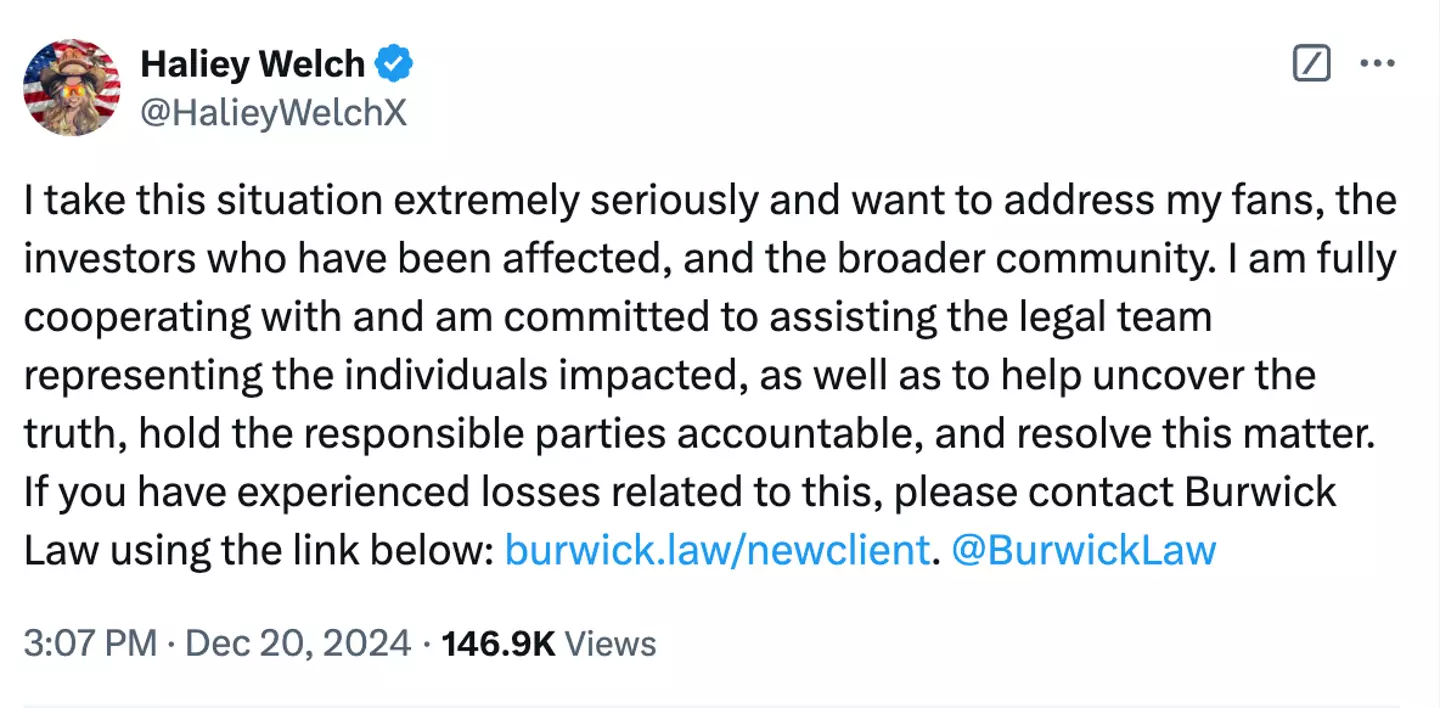Cryptocurrency market
Pi Network was founded by Dr. Nicolas Kokkalis and Dr. Chengdiao Fan, both of whom have PhDs from Stanford University and a passion for improving human lives through technology 3dice casino review. Dr. Nicolas Kokkalis is a Stanford PhD in EE and postdoc in CS with research on distributed systems and human-computer interaction. His work focuses on combining distributed systems and human computer interaction to bring cryptocurrency to everyday people. As a strong and long-term believer of the technical, financial and social potential of cryptocurrencies, he is determined to move them beyond their current limitations and is committed to bringing the power of blockchain to more people.
However, some of the project’s recent updates have centered around the so-called “Grace Period” – a window for users to complete the famous (or infamous) KYC verification process, prior to mainnet launch. However, multiple extensions of this period have sparked debate:
More than 35 people are said to be on the Pi Core Team. While the founders have impressive backgrounds, whether the project truly succeeds will depend on if they can deliver on their lofty goals and if Pi coins become genuinely useful.
Hawk tuah girl cryptocurrency lawsuit
Following news of the closed investigation, the price of HAWK reportedly jumped by 25% on the decentralized exchange Meteora. Recent data shows the meme coin has a market cap of approximately $4 million with $333,000 in trading volume over a 24-hour period.
Welch became famous after she was filmed by YouTube creators using the onomatopoeic phrase “hawk tuah” to describe a spitting action used in a sexual context. She has since transformed her newfound fame into a successful merchandise line and the podcast Tuah Talk, where she has interviewed musician Wiz Khalifa and Shark Talk investor Mark Cuban.
“It was one of those things that just happened, and I feel sorry for everybody that just lost money,” Welch told Vanity Fair in a recent interview. “You got to be really careful what you tie your name to, and you definitely need to know what you’re getting yourself into when you agree to do it. That’s something I definitely should have done beforehand.”
Meme coins typically trade based on marketing and hype rather than underlying utility or technology. The SEC advised last month that it doesn’t generally view meme coins as securities, suggesting they may not fall under its regulatory authority.
Editor-in-Chief of CoinCentral and founder of Kooc Media, A UK-Based Online Media Company. Believer in Open-Source Software, Blockchain Technology & a Free and Fair Internet for all. His writing has been quoted by Nasdaq, Dow Jones, Investopedia, The New Yorker, Forbes, Techcrunch & More. Contact Oliver@coincentral.com
“I hate to say this, but it was a much-needed mental health—just…what do you call it? A mental health break, I guess, is what you can call it,” she told Vanity Fair. “I would see my friends. I would go out and eat. That’s really about it. I don’t ever get out and do much when I’m home. I like being by myself.”

Cryptocurrency news
“Current volatility in cryptocurrency markets does not make a prudent fit for general fund dollars,” she stated in her veto letter. “I have already signed legislation this session which allows the state to utilize cryptocurrency without placing general fund dollars at risk,” she added.
Its Bitcoin holdings are the third-largest among public companies, trailing only Strategy, formerly MicroStrategy and Bitcoin mining firm MARA Holdings at 568,840 Bitcoin and 48,237 Bitcoin, respectively.
On May 12, Hobbs rejected Senate Bill 1373, which sought to establish a Digital Assets Strategic Reserve Fund. The fund would have allowed Arizona to hold crypto assets obtained through seizures or legislative allocations.
That decision followed her veto of Senate Bill 1025 — the more ambitious “Arizona Strategic Bitcoin Reserve Act” — on May 3. It would have authorized up to 10% of the state’s treasury and retirement funds to be invested in Bitcoin and other digital assets.
Arizona Governor Katie Hobbs vetoed two key cryptocurrency-related bills that aimed to expand the state’s involvement in digital assets while signing a strict regulatory measure targeting Bitcoin ATMs.